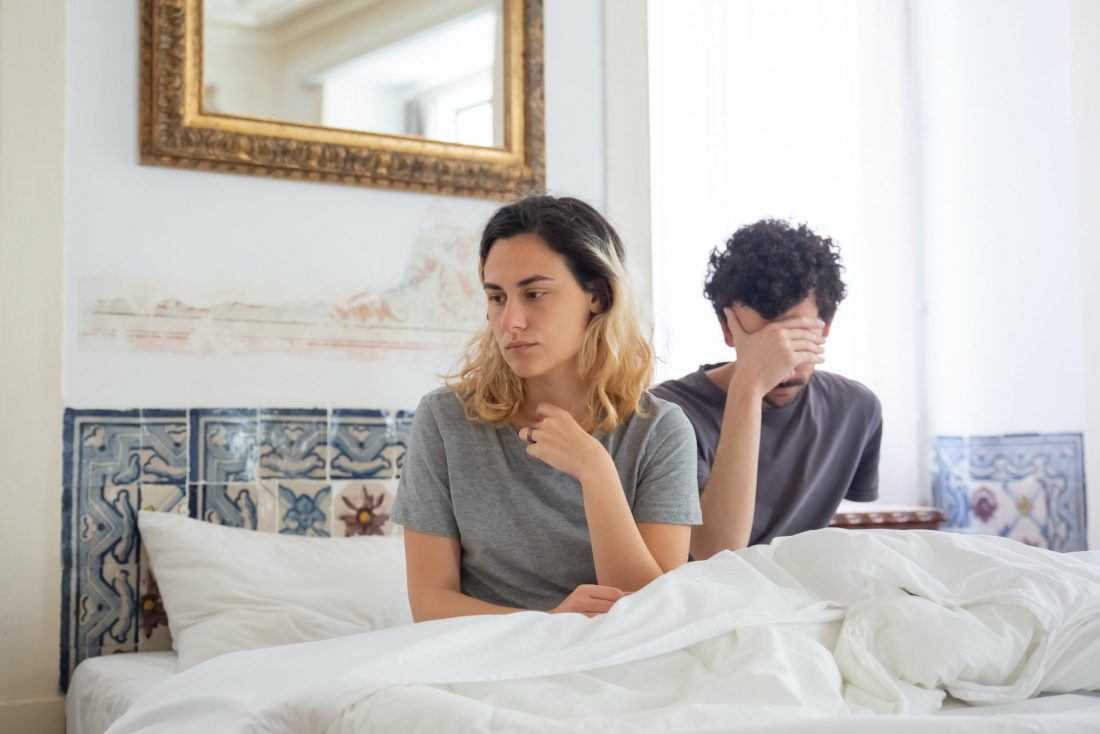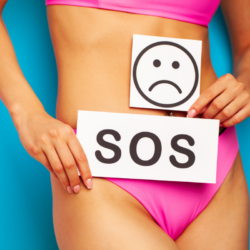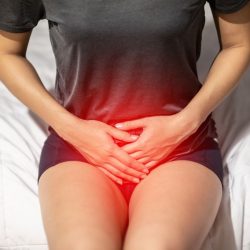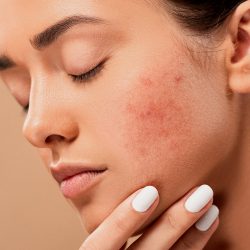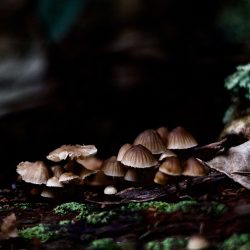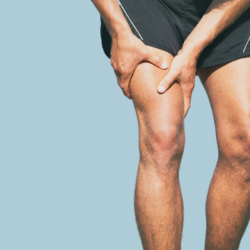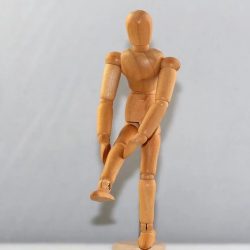The disorder of sexual interest or sexual arousal is characterized by the absence or decrease in sexual interest, initiation of sexual activity, pleasure, thoughts and fantasies; lack of desire for a response; and / or the absence of subjective arousal or physical genital response to sexual, non-genital and / or genital stimulation.
The erectile dysfunction , meanwhile, is an inability to achieve or maintain a satisfactory erection to complete the sexual act. Most erectile dysfunction is linked to vascular, neurological, psychological or hormonal disorders. The assessment is generally based on the investigation of the underlying pathologies as well as the testosterone level.
What can be the causes of libido disorders?
- Psychological factors ( depression , anxiety, low self-esteem, stress, distractibility, lack of communication between partners, other relationship problems)
- Unrewarding sexual experiences (due to lack of sexual skills, poor communication of needs, or sustained trauma)
- Physical factors (disorders such as genitourinary syndrome of menopause and vulvar dystrophies, changes in sex hormone levels, certain medications, fatigue)
- Vascular disorders
- Neurological disorders
- The complications of pelvic surgery (radical prostatectomy – even with nerve-sparing techniques – radical cystectomy, rectal cancer surgery) are other common causes. Sometimes transurethral resection of the prostate is a cause. Other causes include hormonal disturbances , medications , pelvic irradiation , and anatomical abnormalities of the penis (Peyronie’s disease). A prolonged perineal pressure (as when cycling), or pelvic or perineal trauma can cause erectile dysfunction.
What is androgen deficiency?
The androgen deficiency can hinder not only the quality of the sexual life of the woman, her sex drive, desire and motivation, but also his love of life in general and health. In 2001, a consensus established the definition of this condition, its evaluation and the diagnostic criteria for postmenopausal and postmenopausal women. Androgenic insufficiency syndrome is therefore defined by a set of symptoms accompanied by a reduction in the level of bioavailable testosterone and a normal estrogenic state. The androgen deficiency associated with aging results in a drop in the blood levels of androgenic hormones and their precursors (DHEA, testosterone).
The physical signs:
The physical signs of androgen deficiency in both sexes are :
- Sagging and weakening of muscles
- Excessive reduction in hairiness (in the pubis, armpits)
- Premature aging
- The osteoporosis
Psychic signs:
The psychic signs of androgen deficiency in both sexes are :
- Hyperemotivity
- Hypersensitivity to emotions and stress
- Lack of self-confidence
- Loss of initiative and authority
- Decreased libido
Where do androgens come from?
Androgens are produced by the ovaries, adrenals, and by conversion in the liver, fatty tissue, and muscles. The two main androgens that interest us in this syndrome are dehydroepiandrosterone (DHEA) and testosterone.
DHEA, also called the parent hormone, converts into estrogen and testosterone . And the latter will partially become estradiol (E2). SHBG (sex hormone binding globulin or protein carrying sex steroids) is in fact responsible for maintaining the androgen / estrogen balance. Different factors can influence the plasma concentration of this protein.
Are there any herbal remedies to promote libido?
Oats :
Oats are indicated in physical and mental asthenia ; especially in cases of intellectual overwork with hyperactivity, mental exhaustion, mood instability and decreased libido , by its strengthening action in the morning and soothing at the end of the day.
The Tribulus :
The tribulus has a stimulating action at the level of the libido . In humans, tribulus stimulates testosterone levels in healthy volunteers, especially free testosterone, when they show lower than normal numbers, but not in those with normal baseline values. However, it does not seem to increase the testosterone level in healthy subjects, in particular in young men.
Tribulus also has a mode of action on male sexual function . This would rather be linked to its activity on nitrogen monoxide (NO = Nitric Oxide). The plant regulates NO, which gives it vasodilator properties in particular. Protodioscin exerts pro-erectile activity. In vivo , this compound enhances the relaxing effect of smooth muscles in penile tissue and corpora cavernosa, possibly increasing the release of NO from endothelium and nerve endings.
The tribulus acts among other things on erectile dysfunction . A 2018 study shows an activity of the plant on chronic erectile dysfunction, during a clinical experiment, controlled against placebo, carried out on 70 elderly patients. This research work has shown an improvement in male sexual function , and an increase in testosterone levels.
What about women?
This plant also has an action on female sexual dysfunction . In vivo , the saponin fraction of tribulus promotes estrogenic function and fertility. A randomized, double-blind, placebo-controlled, 4-week, 2014 study in 67 women with sexual dysfunction showed that Tribulus terrestris can safely and effectively improve desire in women with sexual hypoactivity with desire disorder. A study respecting the same scientific criteria, conducted in 2016 on 40 postmenopausal women, showed significant improvement in the areas of desire, arousal / lubrication, pain and anorgasmia, without side effects.
The Mucuna :
Usually used in male infertility, erectile dysfunction , libido stimulation as well as body toning.
Griffonia :
In vivo , in males the daily administration for 9 days of a griffonia extract significantly increases the libido . In contrast, in ovariectomized female subjects, griffonia given as a single dose at a high dose significantly increases rejection behavior.
Cordyceps sinensis :
In male impotence , this fungus increases testosterone production and libido (male and female) so it is used in fertility treatments.
Some herbal medicine formulas
Female hypoandrogenism, by excess aromatization (transformation of testosterone into estrogen under the action of aromatase):
- Nettle root extract : 5 to 10 ml per day in the morning, in water, for 3 months, renewable.
Field of female or male hypoandrogenism in a context of stress and excess cortisol (plants regulating cortisol, as part of rehabilitation to stress):
- Blackcurrant / ginseng / ginkgo extract : 5 to 10 ml per day in the morning, in water, for 3 months, renewable.
Beginning androgenic decline, in both sexes, with decreased vitality with or without low libido:
- Mucuna / ginseng extract: 5 to 10 ml per day in the morning, in water.
Decreased libido, decreased vitality in men and women and early sexual disorders:
- Tribulus / ginseng extract: 5 to 10 ml per day in the morning, in water.
Decreased libido in men, early sexual disorders:
- Tribulus / nettle root extract: 5 to 10 ml per day in the morning, in water.
Decreased libido in men, early sexual disorders, in a context of low thyroid and / or mental and intellectual overwork:
- Tribulus / nettle root / oat extract: 10 ml in the morning in a glass of water.
Decreased libido in men and women, sexual disorders (asthenia, frigidity, impotence):
- Tribulus / ginseng / mucuna extract: 10 ml per day in the morning in water.
Medical bibliographic sources and clinical trials :
- Ahmad MK, Mahdi AA, Shukla KK, Islam N, Jaiswar SP, Ahmad S. Effect of Mucuna pruriens on semen profile and biochemical parameters in seminal plasma of infertile men. Fertil Steril. 2008
- Carnevale G. et al., Influence of Griffonia simplicifolia on male sexual behavior in rats : behavioral and neurochimical study, Phytomedicine, 2011
- Carnevale G. et al., Griffonia simplicifolia negatively affects sexual behavior in female rats, Phytomedicine, 2010
- Santos C.A, et al., Tribulus terrestris versus placebo in the treatment of erectile dysfunction; A prospective, randomized, double blind study, Actas Urologicas Espanolas, 2014
- Adaikan P.G. et al., Proerectile Pharmacological Effects of Tribulus terrestris Extract on the Rabbit Corpus Cavernosum; Annals Academy of Medicine Singapore, 2000
- Gamalel Din S.F. et al., Tribulus terrestris versus placebo in the treatment of erectile dysfunction and lower urinary tract symptoms in patients with late-onset hypogonadism; A placebo-controlled study, Urologia, 2018
- Akhtari E. et al., Tribulus terrestris for treatment of sexual dysfunction in women; randomized double-blind placebo-controlled study, Daru: Journal of Faculty of Pharmacy, 2014
- De Souza K.Z. et al., Efficacy of Tribulus terrestris for the treatment of hypoactive desire disorder in postmenopausal women; a randomized, double-blinded, placebo controlled trial, Menopause, 2016
- Hsu CC, Huang YL, Tsai SJ, Sheu CC, Huang BM. Ji DB, Ye J, Li CL, Wang YH, Zhao J, Cai SQ, In vivo stimulatory effects of Cordyceps sinensis on testosterone production in mouse Leyding cells. Life Sci, 2003

